4 ASU Teachers College grads receive Fulbright grants
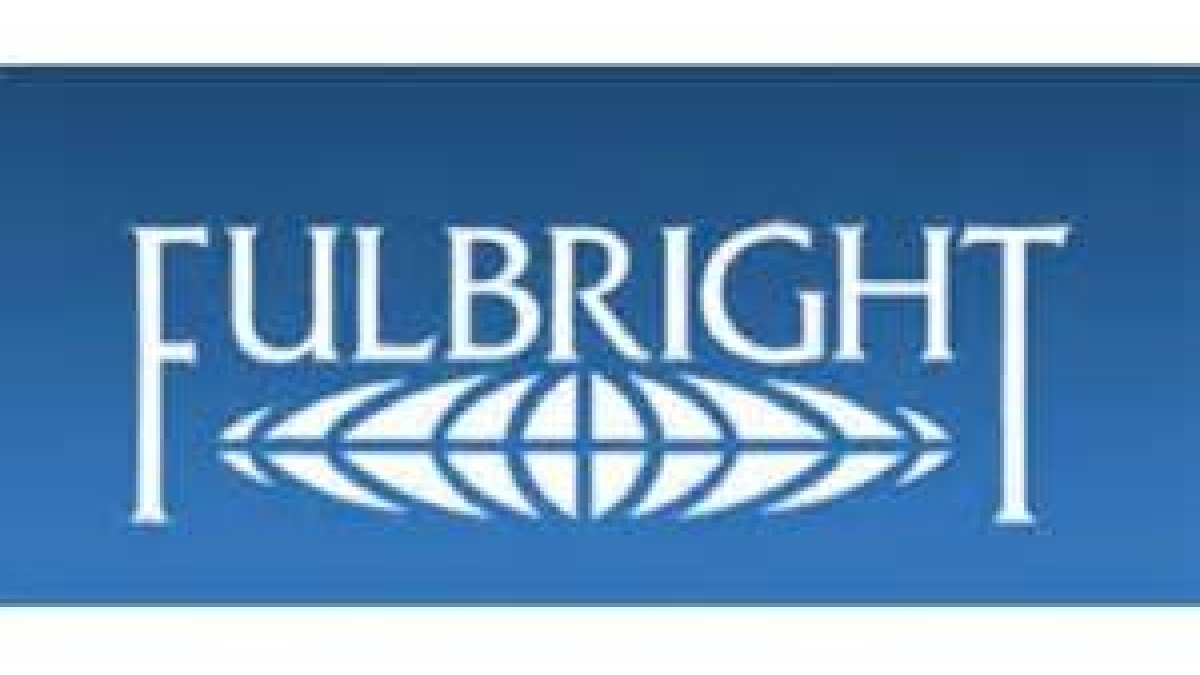
Four Mary Lou Fulton Teachers College grads are Fulbright grantees.
Four graduates from Arizona State University's Mary Lou Fulton Teachers College Class of 2016 have received Fulbright grants.
The Fulbright Program is an international educational exchange program sponsored by the U.S. government that supports graduating college seniors and others who study, conduct research or teach English in other countries. These graduates will be teaching English around the globe in the next academic year. They head to Luxembourg, the Czech Republic, South Africa and Mexico.
Andrew Ahearne will head to Luxembourg to teach in September. He will graduate with degrees in secondary Education, French and political science.
“I’ve always had a desire to bring together my interests in different cultures and education by teaching abroad,” Ahearne said. “I am a Barrett student, and in Barrett, the Honors College, this Fulbright program is promoted and we are encouraged to apply. I actually began working on my application last summer. It’s a very rigorous process.”
Ahearne said that writing the essays for his Fulbright Program application was the most challenging part of the process.
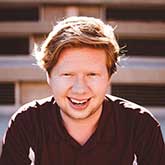
“I had worked closely with my Barrett thesis director, David Carlson, already, so this built on that relationship. When writing the personal statement, I drew parallels between the multiculturalism that exists in Luxembourg and my own multicultural identity. I then tied this into my teaching philosophy, which is that the most effective learning environment comes from respecting different perspectives and bringing different culture closer together,” Ahearne (left) said.
“I also had to write a grant purpose statement, so I focused on how I could positively impact Luxembourg's classrooms while developing my abilities as an educator. I discussed how my background in education would allow me to promote student engagement within Luxembourg's schools, leading to a deeper understanding of each other's cultures.”
Thomas Lepke was named a Fulbright grantee and will be teaching English to students in the Czech Republic this fall. Lepke went into teaching because he “wanted to help students discover their identity, think critically about the world, and be agents of change in their society.” He became a master’s student at ASU through Teach for America, and has taught high school science the past two years.
His nontraditional path to teaching took him on a volunteering trip to more than 15 countries in one year. It was called the World Race, which is part of a faith-based organization.
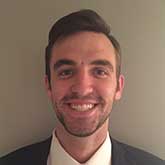
“I was able to do some public speaking, work on construction projects, teach English lessons and develop small-business plans," Lepke (left) said. "When I returned, I was lucky enough to become an intern with the U.S. Senate and live and work in Washington, D.C. I continued to volunteer with young people. I really did some soul-searching and considered what I wanted to do with my life. I just decided I wanted to make a difference through teaching.
“There is a unique education system there. They give their schools a lot of autonomy, and I hope to learn how effective their model is on the ground level. I am also excited to share the culture of the United States with my community as well as learn more about the Czech Republic and its traditions.”
Lepke says he is very happy to be able to go to the Czech Republic.
Master's graduate Sophie Sylla will spend a year teaching English to students in South Africa starting in January 2017, when the South African school year begins.
“I am part of the Teach for America Program, and I believe in spreading their mission to help all children have access to a good education. I am waiting to hear where exactly I will be placed, but right now I am still just experiencing the initial joy and surprise of hearing that I was selected,” she said.
Sylla wants to help children see the power and importance of education over time.
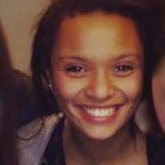
“When I was growing up, I had a lot of educational opportunities, but I saw people, and I know people, like my dad, who is from Senegal, who did not have as many opportunities. I want to help young people see the value of education,” Sylla (left) said.
In the future, she plans to pursue another master’s degree.
After earning her bachelor’s degree, Sylla came to Phoenix with Teach for America and has taught sixth grade in a dual-language classroom setting for two years. During that time, she was also earning her master’s degree in elementary education from Mary Lou Fulton Teachers College.
“I have always been interested in international studies, and I would actually like to be involved in planning and developing education,” she said.
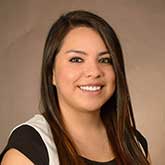
Secondary education graduate Mitzi Vilchis (left) will be teaching English to school children in Mexico this fall.
“I am still waiting for my official assignment to a state and city, but I am very excited about my side project that I will do while there,” Vilchis said.
Her side project will involve working with students in Mexico to help them create documentaries on social justice issues, as inspired by her participation in CompuGirls, an ASU entity within the Center for Gender Equity in Science and Technology. CompuGirls creates an interdisciplinary, diverse community of students and policy makers who create innovative scholarship and best practices for under-represented girls in STEM (science, technology, engineering and mathematics) fields. Vilchis was an undergraduate research assistant at CompuGirls, and hopes to remain involved with them.
Vilchis heard about the great reputation of Mary Lou Fulton Teachers College. She knew she wanted to become a teacher.
“I am in the iTeachAZ program now, and I just love it. It is a great experience that every teacher should have,” she said.
In five years, she envisions being midway through a doctoral program, but she will always teach in some way.
“I have a real for the passion for the kids. Teaching, and in the classroom, is really where I want to be.”
More Arts, humanities and education

‘It all started at ASU’: Football player, theater alum makes the big screen
For filmmaker Ben Fritz, everything is about connection, relationships and overcoming expectations. “It’s about seeing…

Lost languages mean lost cultures
By Alyssa Arns and Kristen LaRue-SandlerWhat if your language disappeared?Over the span of human existence, civilizations have…

ASU graduate education programs are again ranked among best
Arizona State University’s Mary Lou Fulton College for Teaching and Learning Innovation continues to be one of the best…

